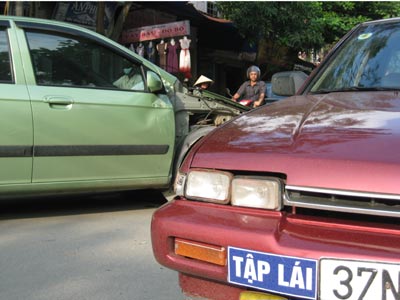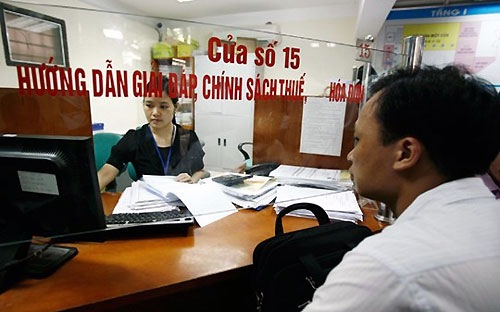According to the Draft Circular regulating the responsibility of compensation and reimbursement by business managers and representatives, business managers who commit legal violations causing damage to the economy, assets of the State, and enterprises, and such damages are discovered after they have been transferred to another position, retired, or resigned, must compensate and reimburse for the damage caused.
Subjects Responsible for Compensation When Causing Damage
- Managers holding titles and positions at enterprises that are single-member limited liability companies with 100% state-owned charter capital include:- Chairman of the Members' Council;- Chairman of the Company;- Members of the Members' Council;- Controllers;- General Director; Deputy General Director; Director; Deputy Director;- Chief Accountant.- Representatives of state capital appointed to hold managerial positions at enterprises with over 50% state-owned charter capital under the management of the Ministry of Industry or provincial People's Committees as investors in economic groups, corporations, and state-owned companies after equitization; multi-member limited liability companies, including:- Chairman of the Board of Directors;- Chairman of the Members' Council;- Members of the Board of Directors;- General Director; Deputy General Director; Director; Deputy Director.

Responsibility for Compensation and Reimbursement
The enterprise manager and representative are responsible for compensation and reimbursement for their violations. Specifically:
- In cases of causing damage before transferring work, retirement, or resignation, they must complete compensation and reimbursement before the transfer, retirement, or resignation;- In cases of causing damage discovered after transferring work, retirement, or resignation, they must compensate and reimburse. If unable to do so, the enterprise must cooperate with the new agency, unit, organization, or local authority where the person causing the damage resides to continue collecting the compensation and reimbursement until the full amount is recovered; if no compensation and reimbursement are made, the enterprise has the right to sue in court to request the person causing the damage to compensate and reimburse as per regulations;- In cases where the enterprise where the manager or representative caused the damage has been divided, merged, consolidated, or dissolved, the agency, organization, or unit inheriting the functions and duties of that enterprise is responsible for continuing to collect the compensation and reimbursement until the full amount is recovered;- If no enterprise inherits the functions and duties of the dissolved enterprise, the authority that issued the dissolution decision is responsible for continuing to collect the compensation and reimbursement until the full amount is recovered;- In cases of intentional damage where criminal liability is prosecuted, the enforcement agency is responsible for collecting the entire compensation and reimbursement amount as decided by the competent court handling the criminal case;- In cases where multiple managers or representatives jointly cause damage, all are jointly responsible for compensation and reimbursement according to their degree of fault;- In cases of voluntary compensation and reimbursement after causing damage, and if the competent authority agrees in writing on the extent, method, and time of compensation and reimbursement, there is no need to establish a Council to review the responsibility of compensation and reimbursement;- In cases where damage is caused by force majeure confirmed by a specialized agency and competent authority, the manager or representative causing the damage is not responsible for compensation and reimbursement.
Furthermore, the Draft Circular includes provisions on asset valuation, damage assessment, and appeals against the compensation and reimbursement decisions when disagreeing with the amount approved by the Council.
See detailed content at Draft.
 Article table of contents
Article table of contents





.Medium.png)
.Medium.png)
.Medium.png)
.Medium.png)
